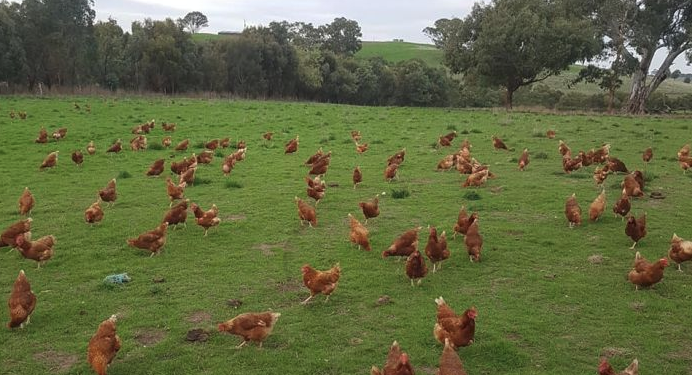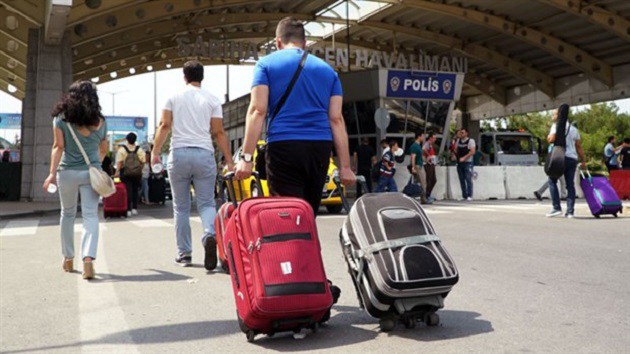Temperatures have cooled across South Australia after a wave of extreme heat but the change has come too late for thousands of animals — including those at a chicken farm and a city bat colony.
Last week the state endured three consecutive days of temperatures in the high 30s and high 40s, which proved too much for flying foxes in Adelaide’s parklands.An Adelaide Hills chicken farm was also devastated by the extreme heat, losing more than half of its flock of 2,000 birds.
Adelaide Hills Pastured Eggs owner Adam Oaten said despite all the measures taken to keep the birds cool, overnight temperatures were just too hot.”It’s a very catastrophic blow to our business. We have customers that rely on us through retail and food outlets so we’ll just have to monitor our egg production now and see who we can supply to,” he said.
On Thursday, Adelaide recorded a top of 46.6 degrees Celsius — topping the previous capital city record of 46.4C set in Melbourne in 2009.
More than 20 locations in South Australia hit record temperatures, with the mercury climbing to 49.5C in Port Augusta.Mr Oaten said it was not a pleasant task to bury so many chickens, and even his Maremma dog Tom seemed upset.”We had a delivery of younger chooks only six weeks ago and they were just coming on the lay and unfortunately the heat affected them as well, so it wasn’t just older chooks,” he said.
He said he did everything he could to keep the chickens cool.”We sprayed the ground with water, we’ve got shade trees, their water is always covered to keep it cool,” Mr Oaten said.”A chook, when she gets hot, will pant, so we use a special additive in their feed that allows them to process protein better and allows them to mitigate against hot conditions much better.
“These animals are more than just a means to an end for us. We love them and we’re trying to produce a great product, so it’s just devastating that it’s happened.”
Thousands of dead bats drop from trees
Adelaide’s bat colony has flourished in recent years, but was devastated by the heat.
Fauna Rescue SA said while the number of dead bats was still being counted, at least 1,500 grey-headed flying foxes dropped from the trees in Adelaide’s Botanic Park, in the parklands and along the banks of the River Torrens.The organisation’s flying fox coordinator Sue Westover said this was the largest number of dead bats she had seen.”We bought a lot of extra spraying equipment so that we could spray the low down ones in the heat to try and give them some fluids.”By the end of the weekend, we’re probably looking at having lost between 2,000 and 3,000 bats.”
The Environment Department, Botanic Gardens, Adelaide Zoo and Adelaide City Council are also helping to deal with the situation.Ms Westover said about 100 orphan bats had been brought into care over the past few days.”They disperse the seeds, and also pollen which creates new tree growth, new forest growth. Basically without the flying foxes helping to spread everything we won’t have trees.”The highest number [of deaths] before we’ve had was around 600 bats a few years ago in the heatwave.”Bats can carry lyssavirus. People have been urged to keep their distance from them and contact Fauna Rescue SA if they require assistance..abc.net.au
























